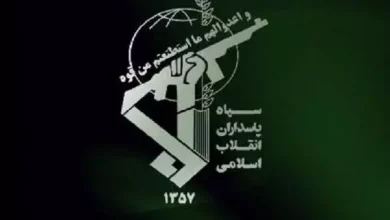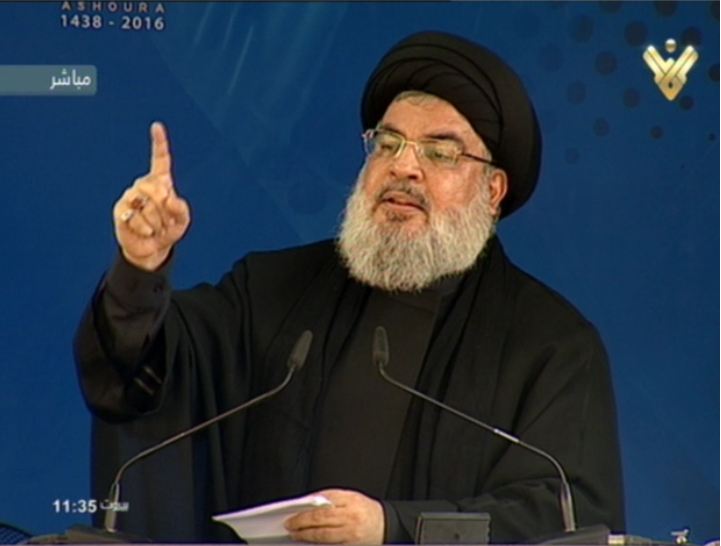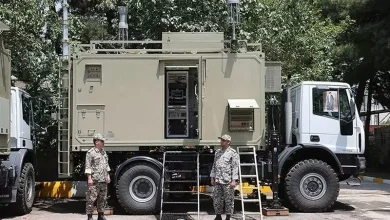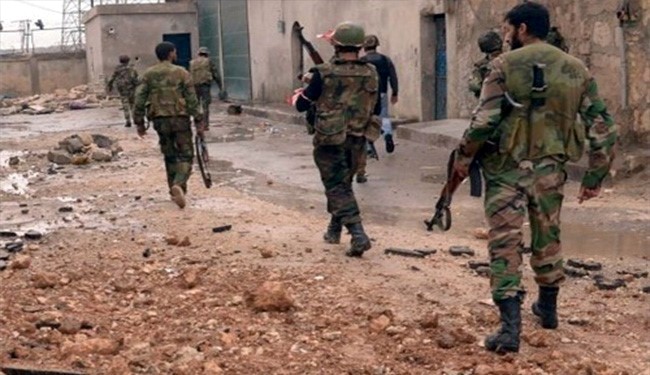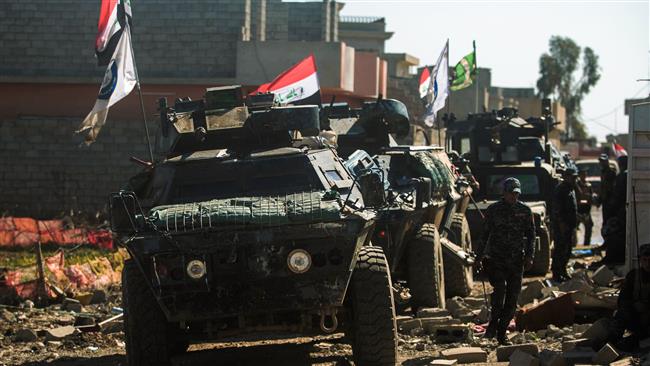Iran FM says will meet Saudi counterpart ‘in near future’
Iranian Foreign Minister Hossein Amir-Abdollahian says he will meet his Saudi Arabian counterpart Prince Faisal bin Farhan “in the near future,” and that Iran has proposed three locations for the meeting.
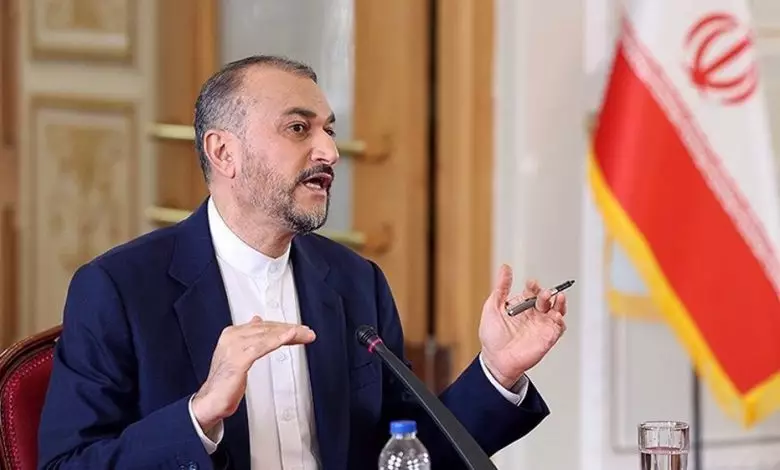
“So far, we have agreed [with Saudi Arabia] that technical delegations from both sides will visit embassies and consulates general and make preparation for their practical reopening,” Amir-Abdollahian said at a press conference in Tehran on Sunday.
He added that the promotion of peace in the region has been among the main issues that Iran and Saudi Arabia underlined in their recently-signed agreement to restore diplomatic relations after seven years of estrangement.
Tehran and Riyadh have agreed to restore normal relations and exchanged messages through Switzerland during the last 10 days, he explained, adding that Iran has expressed its readiness to hold a meeting of foreign ministers and “proposed three locations for this meeting.”
The top Iranian diplomat noted that the two sides had held five rounds of security talks in the Iraqi capital Baghdad and finally agreed with an initiative made by Chinese President Xi Jinping during Iranian President Ebrahim Raeisi’s visit to Beijing last month.
After several days of intensive negotiations hosted by China, Iran and Saudi Arabia finally clinched a deal on March 10 to restore diplomatic relations and re-open embassies and missions within two months.
According to a joint statement, Iran and Saudi Arabia underscored the need to respect each other’s national sovereignty and refrain from interfering in the internal affairs of one another.
Iran, Saudi Arabia and China also expressed their firm determination to make their utmost efforts to promote regional and international peace and security.
Iran welcomes enhanced ties with regional states
During his Sunday presser, the foreign minister said Iran welcomes the expansion of relations with neighboring and regional countries.
He added that Iran has promoted its political relations with the United Arab Emirates and Kuwait to the ambassadorial-level.
Back in September 2022, the UAE reinstated its ambassador to Iran, more than six years after ties between the two sides were downgraded following the storming of the Saudi Embassy in Tehran by protesters over Saudi Arabia’s execution of prominent Shia cleric, Sheikh Baqir al-Nimr.
Pointing to some security issues between Iran and the UAE, Amir-Abdollahian pointed out that during his talks with Emirati officials in Abu Dhabi last May, he expressed the Islamic Republic’s security concerns, including any threat from the Israeli regime using the UAE’s soil.
He also said that Oman’s Sultan Haitham bin Tarik came up with an initiative to restore relations between Iran and Bahrain during his visit to Manama in October, adding that Tehran and Manama agreed that their technical delegations would visit their embassies in a preliminary agreement reached some two months ago.
The top Iranian diplomat expressed hope that Tehran and Manama would remove obstacles in the path of their relations and take proper steps to improve ties.
On January 4, 2016, Bahrain followed Saudi Arabia’s decision to sever diplomatic relations with Iran, after the storming of the Saudi embassy in Tehran.
Iran, IAEA on right path of joint cooperation
Meanwhile, Amir-Abdollahian also pointed to a roadmap agreed on earlier this month by the Atomic Energy Organization of Iran (AEOI) and the International Atomic Energy Agency (IAEA), saying the two sides are on the right path of joint cooperation and are proceeding with visits and direct technical talks.
He added that the bilateral cooperation will have positive impacts on talks to revive the 2015 nuclear agreement, formally known as the Joint Comprehensive Plan of Action (JCPOA).
According to the foreign minister, the Iranian administration has not put all its eggs in the JCPOA basket “but has used and will use all chances to safeguard [Iran’s] national interests.”
Negotiations between the parties to the nuclear deal kicked off in Vienna, Austria, in April 2021, with the intention of bringing the US back into the agreement and putting an end to its “maximum pressure” campaign against Iran.
The discussions, however, have been at a standstill since August 2022 due to Washington’s refusal to remove the sanctions it reimposed on Iran after leaving the deal in 2018 as well as a failure to offer guarantees that it will not exit the agreement again.
